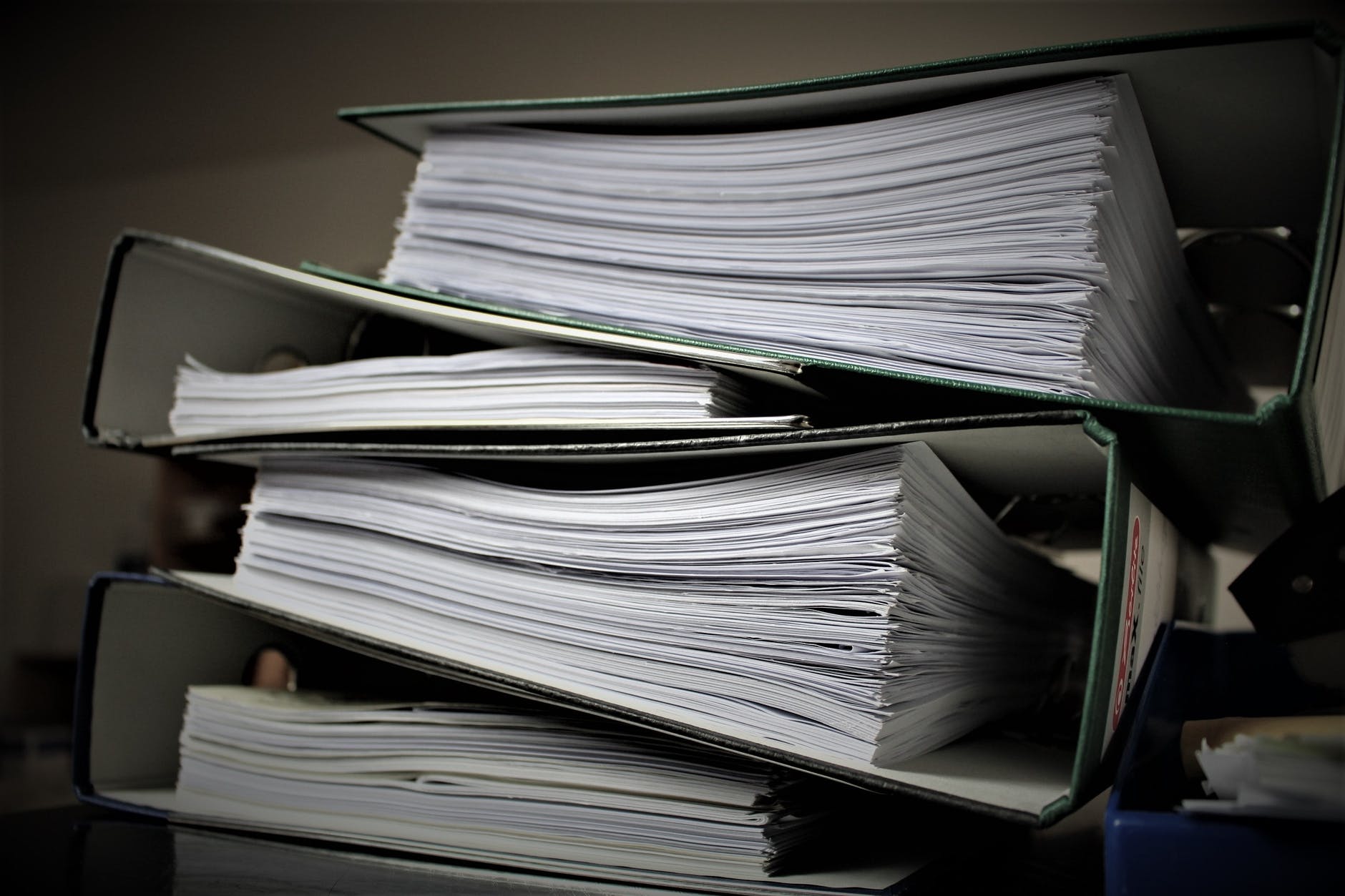About ODI Leeds
The Open Data Institute Leeds was seeded in 2013. They became a node for ODI HQ in November 2013 on the stage with Tim Berners-Lee and set up in the innovation space in April the following year. As of April 2020, ODI Leeds had been around for exactly 6 years and is keenly looking forward to the next period of their growth.
From start-up to scale-up, most of their data innovation is centred around Leeds. Most of it is open and all of it is on the web. Leeds ODI prides itself on being radically open and is passionate about using the web as it should be used: an open information management system.
To date, the reach of ODI Leeds has grown to 20 sponsors, both public and private sector, and today we talk to the Founder of ODI Leeds, Paul Connell, about how far open data has come since their beginnings and what are the challenges to be tackled going forward.

Our Expert: Paul Connell
I am the founder of ODI Leeds and currently lead their innovation practice. I am an accidental entrepreneur. Prior to setting up ODI Leeds I was an environmental professional, working as a Director of a global environmental and engineering consultancy across the UK and Europe.
Then I left to work in innovation for a small innovation practice working across the UK, and a bit in Singapore, primarily around smart cities. My focus was a lot around data and how the web was smashing into existing industries, places and sectors. This was within property, public sector, large and small organizations. But the key of it was that I used to spend a lot of money getting a small amount of data and writing a model to describe what we thought was going on and then putting in some error bars around it, conceptualizing that, and presenting what we thought was going on with our model and then taking some ground truth. The data was expensive to file.
Now data is everywhere and much cheaper to get, but the way in which you convene the parties to engage with it, and the way in which you develop the answers and the models, is many fold. The hard bit now is finding good data and then engaging with people. Tim Berners-Lee wrote the finest information management system and we call it the web. So whenever people talk about different ways of managing data, you just use the web. It’s there, and lots of people forget about that.
What was your biggest motivation back in 2013 to start an Open Data Institution in Leeds?
Part of the motivation for ODI Leeds was that I wanted to have, or find, a business somewhere in Leeds that I could ride my bike to and do interesting work. I soon realised I had to create that myself. I gathered some friends who wanted the same thing and who also wanted to make an impact. If you measure it on those metrics, we have succeeded.
What have been some of the biggest challenges you have had to overcome as a business?
We are a non-profit, but we are not funded, so part of the challenge is to stay in business. One of our successes is that we are still here after three months.
If you run a start-up you know that clients leave you, people don’t pay on time and landlords want paying on time – running a business is a challenge in itself. But at the same time, it is an opportunity: We’ve got freedom to create what people need. When we first started ODI Leeds, we knew that there needed to be a neutral space to convene people to do things with data and to fix real problems that we all face. This turned into a physical space and also a digital space.
The challenges of being a SME working in data have been overcome by being as open as possible. Our output is a blog. We publish everything we do on our website: our projects and our data. If any of the ODI Leeds team want to find out about a project, they use our website to search for it.
In summary: Finding money, finding clients, keeping the lights on and running a small business is part of the challenge, but then there is also the challenge of making a big impact. The way we did that was to be radically open and put it all on the web.
What has been the reaction as you approach sponsors and clients about being radically open?
We started by just talking about open data and then we took that a step further by emphasizing it’s about a culture of openness and proving that if you are open it allows you to network significantly and make a bigger impact.
We knew that this concept scares a lot of people witless. But it only scares those who are not comfortable or confident about what they are doing or what their mission is. It’s a like the blue pill and the red pill in the Matrix, once they’ve done it, they start to wonder why they had not done this before? At every single event, whether that be a Hackathon or an Innovation Pathway, every single one without fail questions why they were not more open with their data, projects or ambitions, when they realise how much more value they could have got out of it.

Roughly 80% of the benefit for a data publisher is to themselves. They can communicate better internally, they don’t have to manage and do conference calls to talk about data and explain it because it’s all on the web. You find friends that you didn’t know you had, and you’ll find out they’ve been using your data and your approaches for years, meaning that a lot of that initial getting-to-know-you phase of working together in partnerships is dealt with.
Do you think the conversation about open data has evolved over the last seven years?
No because it is, and always has been, about power and control. There are still organisations who need to see a business plan and a way of measuring the outputs and ROI of being more open before going for it. Ultimately if companies don’t want to do it then they won’t, however we do iterate that if they are open, they are guaranteed to meet objectives quicker and people will be able to find them easier on the web if they are using it in the way it was meant to.
Are there certain domains or verticals which are more resistant to openness, excluding sectors which have technical or practical limitations?
From our experience there are sectors that are more resistant than others. We started in the public sector because local authorities and transport were very interested in what we offered. Environmental organisations were also very welcoming as there is already an ethos of sharing in that world.
The places that were resistant are health, social care, and academia, so we let them come to us when we were setting up. We did good work, we shared it, we tried to make an impact, and people saw that we were making an impact which has led to a little less resistance. The University has started to work with us a bit better, NHS Digital and NHS X have come on board and are doing projects with us because they are starting to see the value.

There is a massive need to innovate and collaborate across the health and social care sector, and they constantly make decisions which makes it more difficult, such as the “Future NHS” platform the NHS has recently set up. It is like going back in time to an AOL chatroom: a closed platform that is invite only, not searchable on the web, and in 2020 it’s unforgivable. I think these creations derive from power: people thinking that they shouldn’t collaborate or they shouldn’t be using the Web or they need permissions. It’s one of the reasons we set up “Open Data Saves Lives” to show people, rather moan about it, how it can be done, how it can be positive, how it can, for quite low cost, make a massive impact.
Do you think organisations are afraid of open data in case it makes them liable?
I think there is a fear of allowing more responsibility; you already know whether or not you are liable for something. This is not specific to the health sector it is applicable to every single sector.
The best way to work out whether you’ve got a decent argument, rather than an opinion, is to write a technical blog post about it. The scariest thing I do is write things down and put it on the web because I know that I have to coherently present my argument in 500 to 1000 words. I can’t wrap it up in a 10,000 word dissertation with a load of words that no one understands or pretend to understand, such as academia, and I can’t hide it behind a privacy argument. The hardest thing to do is to write a 500 word blog about projects and/or technology or share my code, that’s even more scary.
It does come down to confidence. For example this morning when we published our West Yorkshire dashboard, we had messaged coming in asking if the data was right or whether it was presented right. People challenging that data and responding to it quickly is massively empowering for us because it means people are joining in and they know that if they suggest things, we won’t take it personally. If you’re in an institution and you get something wrong, heads must roll, but they shouldn’t. Leadership is about acknowledging that the best job was done, mistakes happen and fixing it straight away. But if you build a website, you outsource that website to a third party and the person who fixes it is on a contract, you don’t have control of your output. The best thing we did at ODI Leeds was to build our own website, to own the production of that, to build it native and to understand everything that works.
Has there been a particular engagement or set of data that excited you most about being open?
We get really excited when people publish geography data. Ordnance Survey says they’ve got great open data now, but its been such a muddle of open and closed for ages, no one can be bothered to go and sort it out so its great when more geography data is made open. Lidar data is always exciting to get – the lidar data that the Environmental Agency published is the sort of thing that is going to rapidly change things. There are also satellite applications data being published is going to change things. It’s the kind of data that stops you from worrying about applying innovation-killing licences that excites us.

Online banking is going to have a massive impact, especially when it gets applied to insurance and other parts of the financial system. Hopefully we are going to be working on a project in this last part of 2020 around Climate emergency, data finance and investment infrastructure. It will help answer questions around whether new infrastructure proposals will actually make a difference against the climate emergency? Or would we be better building something else? Having data around that’s going to be amazing.
What would be your vision for open data for Leeds and for the UK?
Appreciate the flexibility and Responsiveness of open data and the web
People get lost when we talk about open data and it’s the wrong way of approaching at it. When organisations become open, they become porous and they can flex and respond to what’s happening in front of them.
We have seen this during the coronavirus pandemic where some parts of the ecosystem have responded fantastically, such as the Office for National Statistics (ONS), and others have struggled. People need to start being open in what they do and realise that publishing to the Web is not a marketing and communications function, it is just a hygiene issue for operating in the 2020.
Ultimately we want people working in academia, public sector and private sector to use the web to openly showcase their projects, provide a way of contacting them, direct people to their outputs, and start using web-based tools, instead of reports, that allows people to interrogate their data, which could be either closed or open.
Get rid of reports
One of the things we want to do at ODI Leeds is kill all reports, because everyone hates writing them and nobody reads them. It’s like an abusive relationship that people go back to: We have paid money therefore we need a report, we need an evaluation and some expert needs to tell me whether this was worth doing or what it means.

At ODI Leeds we know that if we get the data right and present it on the web, maybe in a tool, presentation or visualisation, that you can automate that so that the next time you collect data it will update, rather than putting it in a 30 page report with appendices. We’ve got a repo that holds all that data and we can access it and that can be private or open doesn’t matter. But building organisations a nice evaluation tool which automatically gives them a two page summary of what we think that means, all of a sudden it has freed us of the madness of backward looking data, six months writing a report, three months to actually read it, two days to see what it means, and then letting it die. It’s a complete fallacy how we currently record things – the web allows us to do it right, but we stop ourselves from using it properly.
Do you have any thoughts, lessons, or requests that you would make to the tech community?
- Fix Real Problems: Do something that actually solves a problem that we know exists. Digital Twins can be seen as a solution looking for a problem, but it would be much better identifying a specific problem in Leeds, such as flooding or transport, and then building a Digital Twin to find those answers. People would rather focus on things that are easy to model than things that really need fixing, but the truth is the more open we are, the more likely we are to fix the real problems.
- Don’t Fetishize New Things: We’ve got to get over ourselves. The secret is that actually your data is not that interesting. I know you think it is, and it might be in the future if you mix it with something else, but in reality its probably not that interesting, but it might be useful to share.
- The Leeds Tech Ecosystem is as good, if not better, than most places in the UK and globally: we can do most things here in Leeds. Most of the people exist in Leeds to build whatever you need to build or do whatever you need to do in Leeds. All we need is a little bit more confidence, or chutzpah
